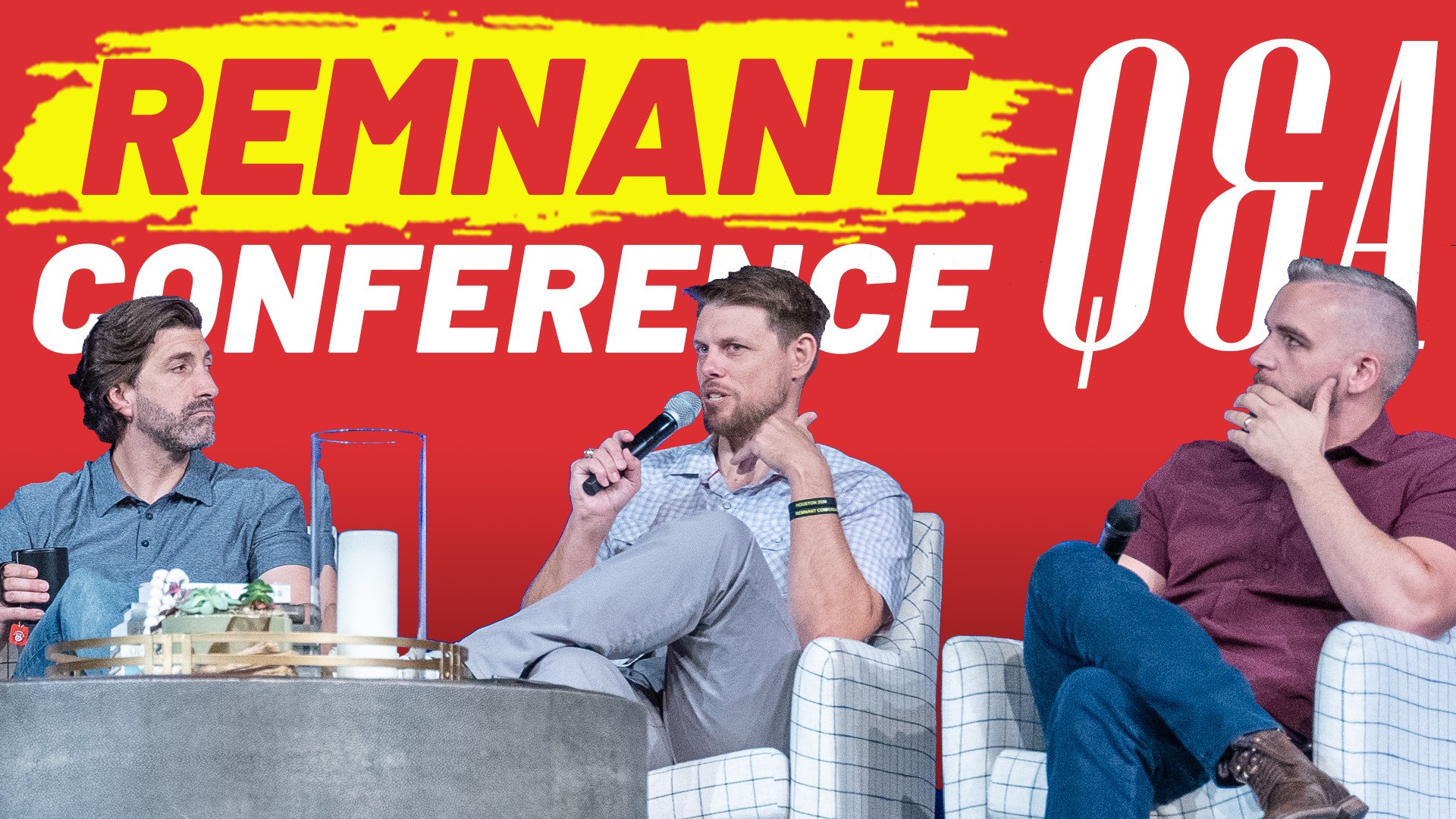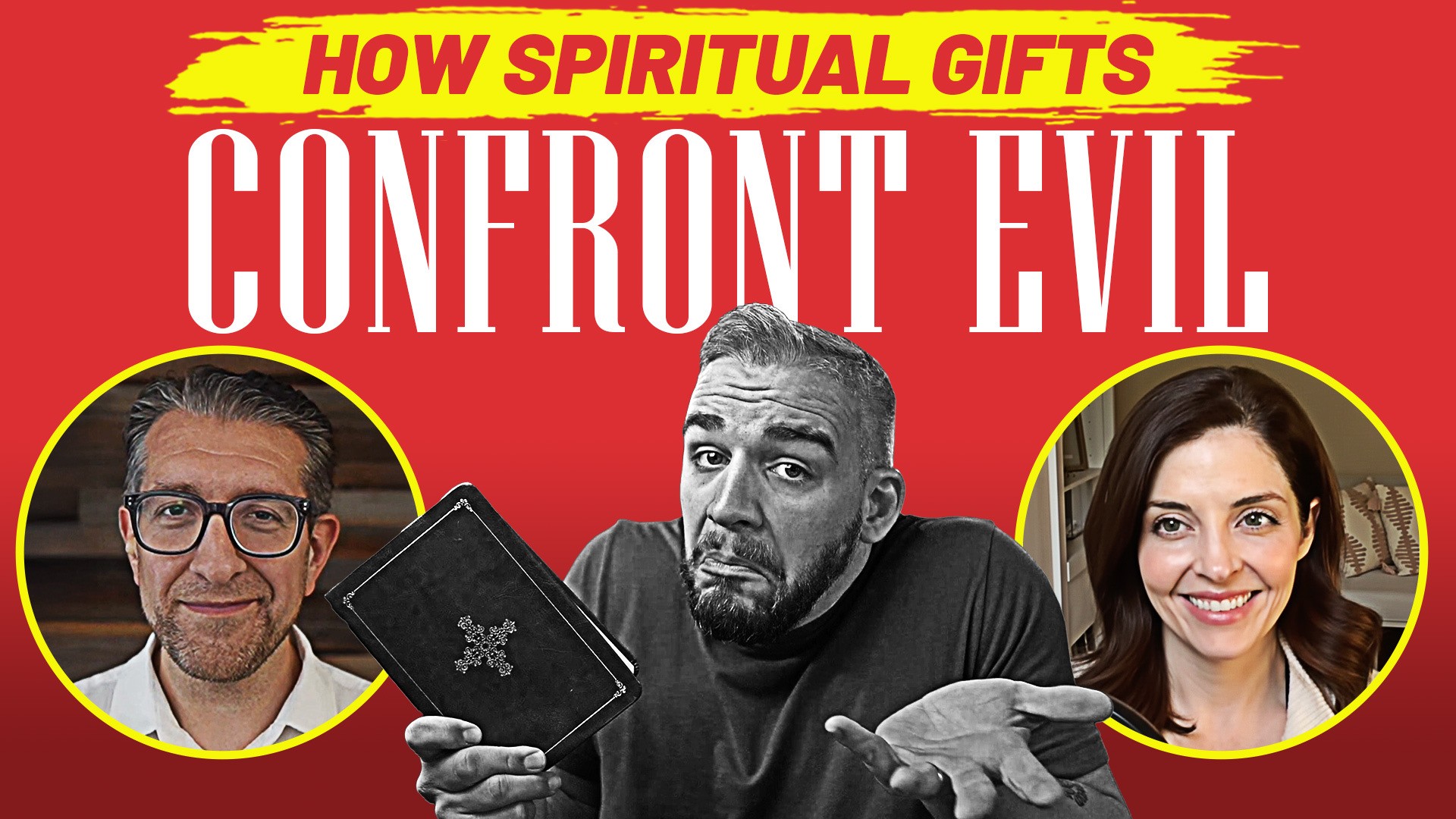Communion: More Than a Symbol? Exploring the Supernatural Reality
Is Communion just a ritual, or something more? Join us as we uncover the supernatural reality of this sacred meal.
Transcript Summary
Joshua Lewis and Michael Rowntree discuss communion, a practice they feel is often undervalued in Protestant traditions. They aim to encourage a fresh look at this sacrament, exploring its purpose and biblical basis. The hosts note a trend of diminishing emphasis on communion, with infrequent observance becoming common. They seek to counter this by highlighting its significance as more than just a symbolic act.
Rowntree begins by sharing his personal journey toward understanding communion’s importance. He recalls questioning the simplistic view of it as merely a memory aid, seeking deeper meaning in the elements and the act itself. This leads them to the concept of communion as a “means of grace,” a term with historical weight in Baptist thought. This means God acts during communion, not just the participants.
Lewis supports this, referencing 1 Corinthians 10:1-4, where Paul draws parallels between Israel’s wilderness experience and Christian sacraments. The manna and water were God’s provision, and so too is communion a way God meets spiritual needs. Lewis emphasizes that communion, while involving our remembrance, is fundamentally about God’s action.
The discussion touches on the Jewish understanding of remembrance, which involves action, not just thought. Communion, they argue, is a “visible word,” a proclamation of Christ’s death until he returns. This sets the stage for exploring what communion achieves for believers.
Rowntree quotes Cyprian and Calvin, early church figures who saw communion as imparting strength and spiritual nourishment. This prompts the question: if communion offers such grace, why not partake often? This challenges the common objection that frequent observance diminishes its value.
Lewis counters this by comparing communion to prayer and Bible reading, areas where frequent engagement is encouraged, not avoided. He suggests a lack of theological understanding fuels this hesitancy toward communion. The team then unpacks how it is not just a memory.
The discussion then shifts to 1 Corinthians 10:5-22, where Paul warns against idolatry. Communion, they explain, is a pledge of allegiance to God over idols, a declaration of His victory over the devil. It’s not a magical ritual guaranteeing grace, but a means of grace effective through sincere faith.
Lewis then discusses that not everyone can or should partake. The team discusses that the importance of approaching the table with care. The hosts then discuss the different views on communion, from Transubstantiation to the more bare memorialist. The team unpacks the importance of remembering what it means.
Drawing from Psalm 23, Rowntree describes communion as a victory meal, prepared in the presence of enemies. Luther’s quote about the constant attacks we face underscores the need for frequent communion. The hosts acknowledge the mystery surrounding Christ’s presence in communion, emphasizing that it’s more than just remembering an absent savior.
Lewis highlights the communal nature of communion, citing Paul’s warning against turning it into a source of division. He underscores that “unworthy” participation stems from violating God’s purpose for the meal: unity. Communion, then, is a call to transcend divisions and embrace fellowship. The importance of the ritual is that we are united.
The episode concludes with a call to view communion as a transformative act, one that joins us to God and to one another.



